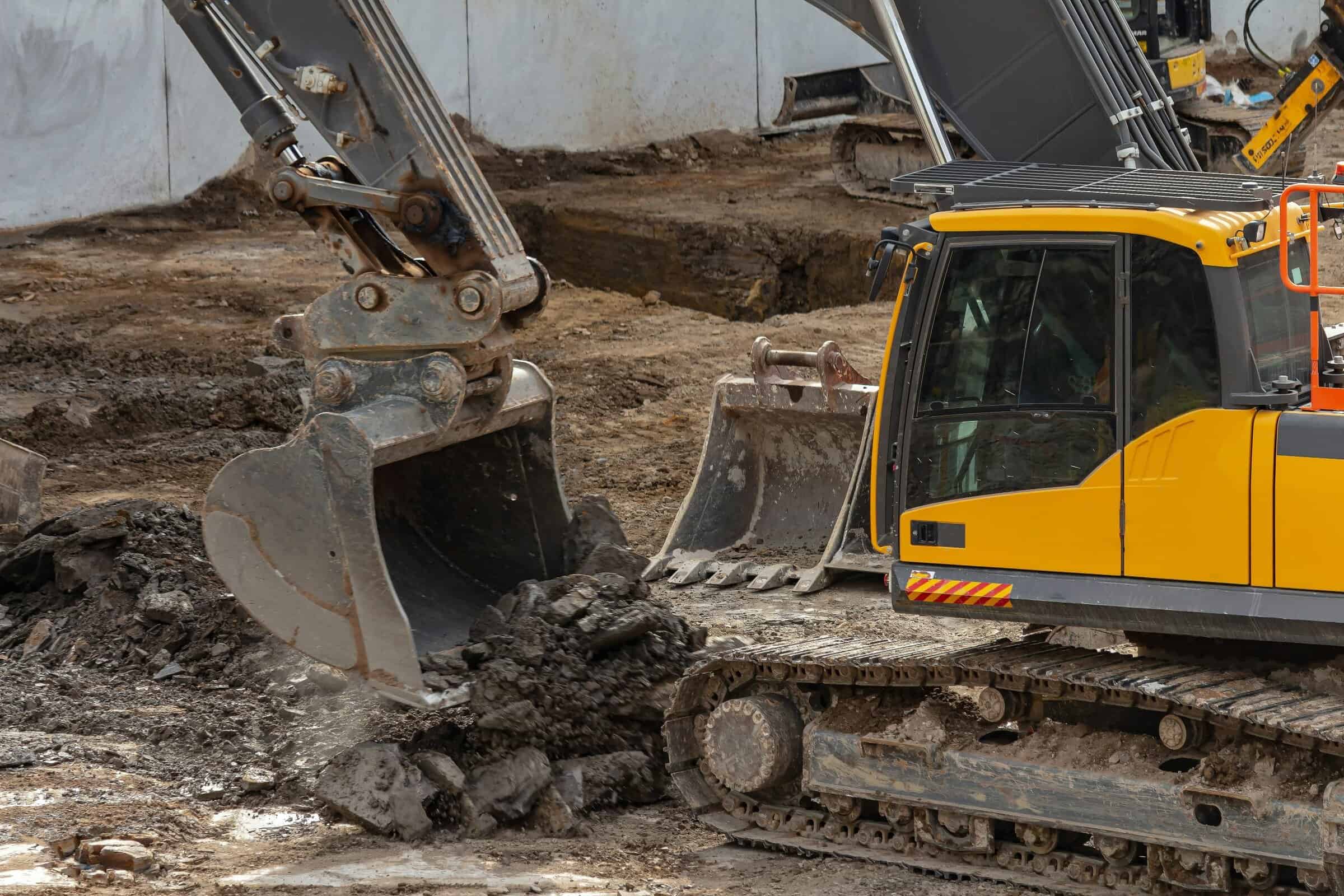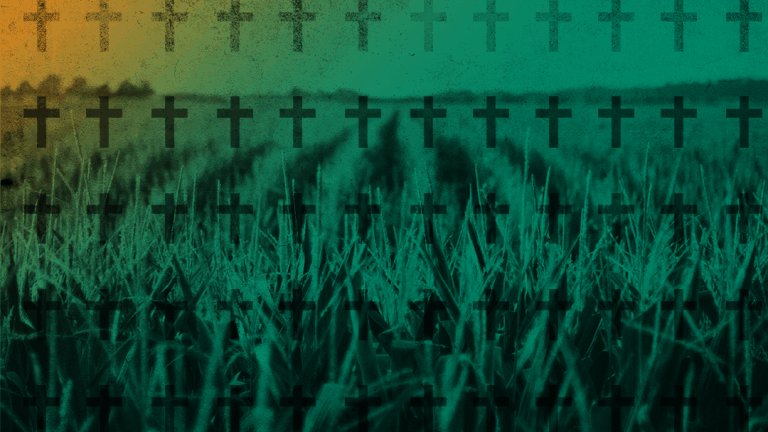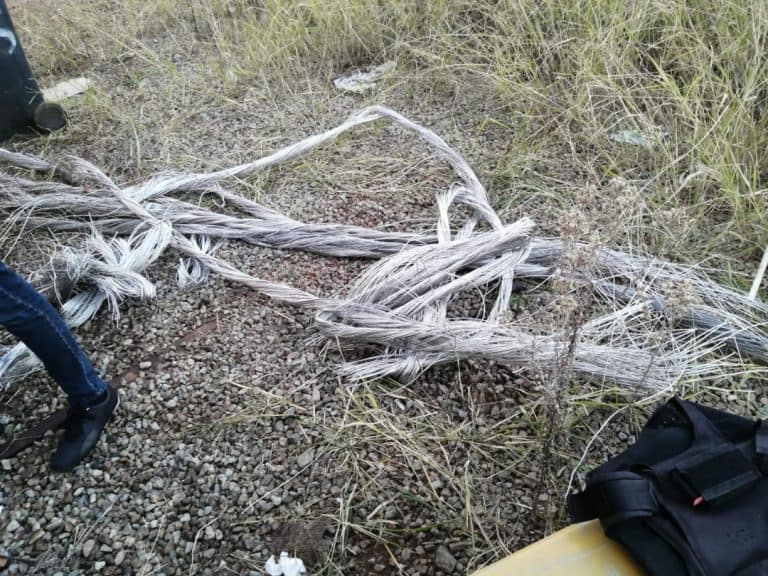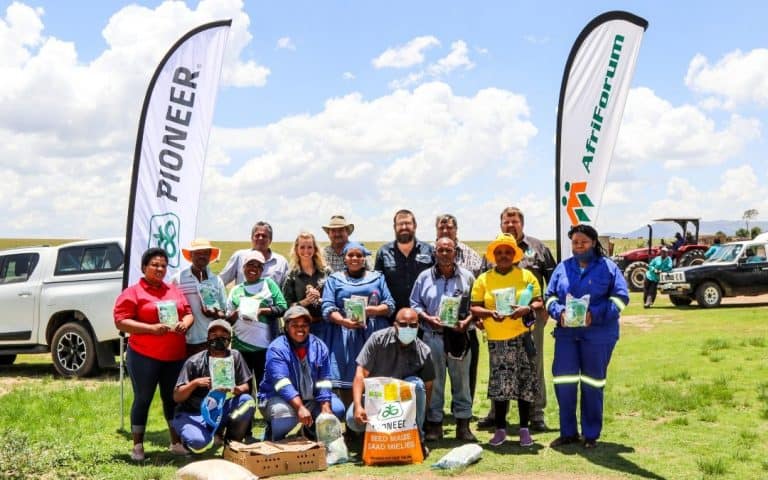Bill seeking to formalise illegal mining is a recipe for legalised anarchy
The Department of Mineral Resources and Energy’s proposed Mineral Resources Development Amendment Bill (2025), which provides for the legalisation of so-called artisanal mining, is nothing more than a ruse, says AfriForum. Although the Department claims that this policy will enhance access to resources and promote economic growth, according to the organisation it is clear that in reality this amounts to legalising environmental destruction under the guise of economic empowerment.
According to the Bill, artisanal mining refers to traditional and customary mining activities that use rudimentary and non-mechanised methods to extract minerals from or near the surface. Artisanal mining is also limited to operations within an area smaller than 1,5 hectares and for a period shorter than two years.
This Bill is being introduced while South Africa is already under siege from illegal mining across the country – with recent examples of destructive illegal gold mining along the banks of the Blyde River in Mpumalanga. The so-called zama zamas are synonymous with crime, violence and environmental devastation. Evidence shows river diversions, land degradation, and pollution with hazardous chemicals such as arsenic and mercury.
According to Marais de Vaal, AfriForum’s Advisor for Environmental Affairs, the Department regularly fails to enforce environmental regulations against large-scale mines. Mining companies that pollute air, soil and water resources through negligent actions escape with minimal accountability. Furthermore, the Department continues to struggle to implement a functional cadastral system – a critical database needed to track which parcels of land are subject to which mining rights. The current lack of effective cadastral management has already led to the allocation of more than one mining right over the same piece of land, land ownership disputes and licensing delays. These shortcomings are likely to worsen if hundreds or even thousands of new artisanal mining permits are added to the system.
“The zama zama crisis cannot simply be legalised with an official stamp. To attempt to legitimise such practices now, without a robust administrative backbone, sufficient safeguards and the necessary capacity to regulate it, is not only reckless but a direct threat to the country’s water security, agriculture and biodiversity,” says De Vaal.
AfriForum demands that this Bill undergo thorough scientific scrutiny and that meaningful public participation takes place before any legislation is passed. AfriForum will submit formal objections to the Bill and calls on communities, environmental groups and civil rights organisations to raise their voices against this unacceptable policy. The public can submit objections until 13 August.











